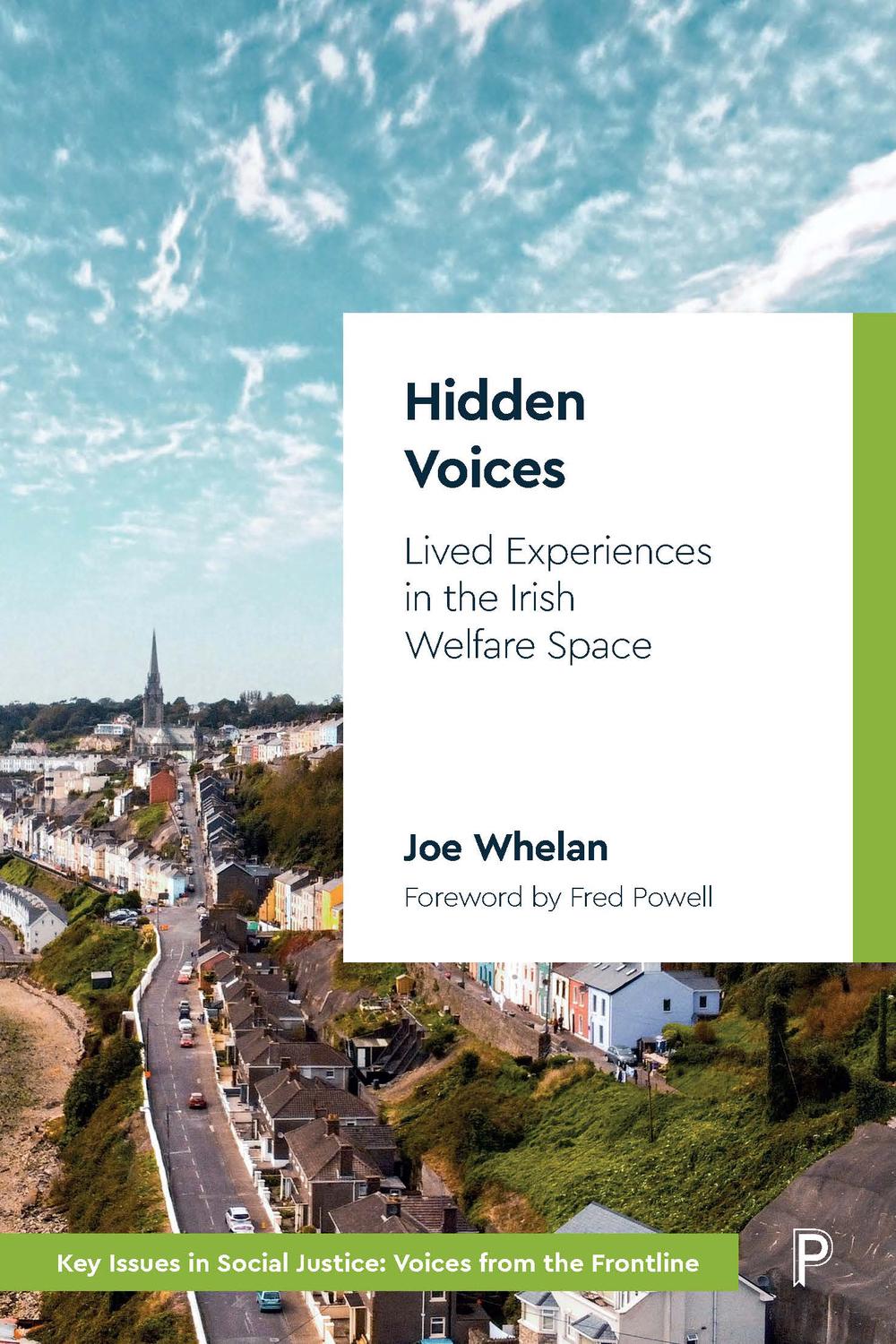Between the Lines: Joe Whelan
 When did you first come up with the idea for the book?
When did you first come up with the idea for the book?
So, this book is a monograph and was based on original research carried out in 2018. The idea of trying to communicate about the research in book form was probably in the back of my mind as I was researching. I think I must have made the approach to my publisher sometime in late 2019 or early 2020.
Did you start out with the intention of writing a book about a particular topic, or did a book begin to make sense as you were researching?
In some ways both of these are true but probably more the latter. Certainly as I was conducting the research that the book is based upon the idea of publishing in book form was in the back of my mind.
What are the book's main ideas?
The book is about people’s lived experiences of claiming and receiving different kinds of social welfare payments. It is based on very grounded, very ‘bottom-up’ sociological research, hence the title ‘Hidden Voices’.
What did writing a book allow you to do that wouldn’t have been possible in another medium eg. journal article?
Journal articles are certainly the main way in which ideas are communicated in my field and I have written plenty of those. However, a monograph style book, being longform, allows you sufficient space to go deeper and to draw out a range of complexities and nuances while giving a fuller picture of a piece of research.
How did you decide which publisher to place the book with?
I published with Policy Press. I wanted to publish with a well-recognised and top tier academic publisher and to my mind, Policy Press suited perfectly. I also saw that Policy Press were developing a ‘Key issues in social justice’ series and thought my work would suit this.
How long did it take to write?
It was not written all in one go so this is difficult to measure. Probably best to say that it came together over the course of a year or so and was finalised over an intensive 10-day period.
Did you ever experience any moments of writer’s block? What did you do to overcome this?
I don’t (touch wood) experience writer’s block per se but I do fall into periods of intense procrastination. The only thing you can do to overcome procrastination is to start. Once you start writing, the writing itself becomes the motivation.
What advice would you give someone thinking about writing a book?
There are a few things. Plan the work carefully so that you have something concrete to work towards. The story might change in the telling but that’s okay. Try to block time to write. I don’t just mean hours in the day; I mean serious time. So, for example, for this book I rented a cottage for 10 days, I went with a draft, and I left with what would more or less end up being the finished product. I designed and largely stuck to an intense writing schedule over the 10 days. A writer’s retreat can also work well. If you do it, don’t treat it like a holiday. My next book, which is due out in January 2025 was mostly written the same way and my first book was written this way also. It is tortuous and you’ll be glad to be leaving wherever you are, but it works!
If you could go back in time and give yourself one piece of advice before you started writing, what would that be?
Pick a better cover….
Joe Whelan
Dr Joe Whelan is a sociologist and social policy academic and is an Assistant Professor in the School of Social Work and Social Policy. He is an active social researcher and his main areas of research include exploring the intersections of poverty, work and welfare with a focus on lived experiences. Joe also teaches and publishes in the areas of critical social theory, sustainable social policy and social work governance. In September 2022, Whelan was invited to Áras an Uachtaráin to present Hidden Voices to President Michael D. Higgins as a work of significant social importance.
- Hidden Voices: Lived Experiences in the Irish Welfare State
- Critical Theory for Social Work: A Simple Introduction
- Joe’s full profile

